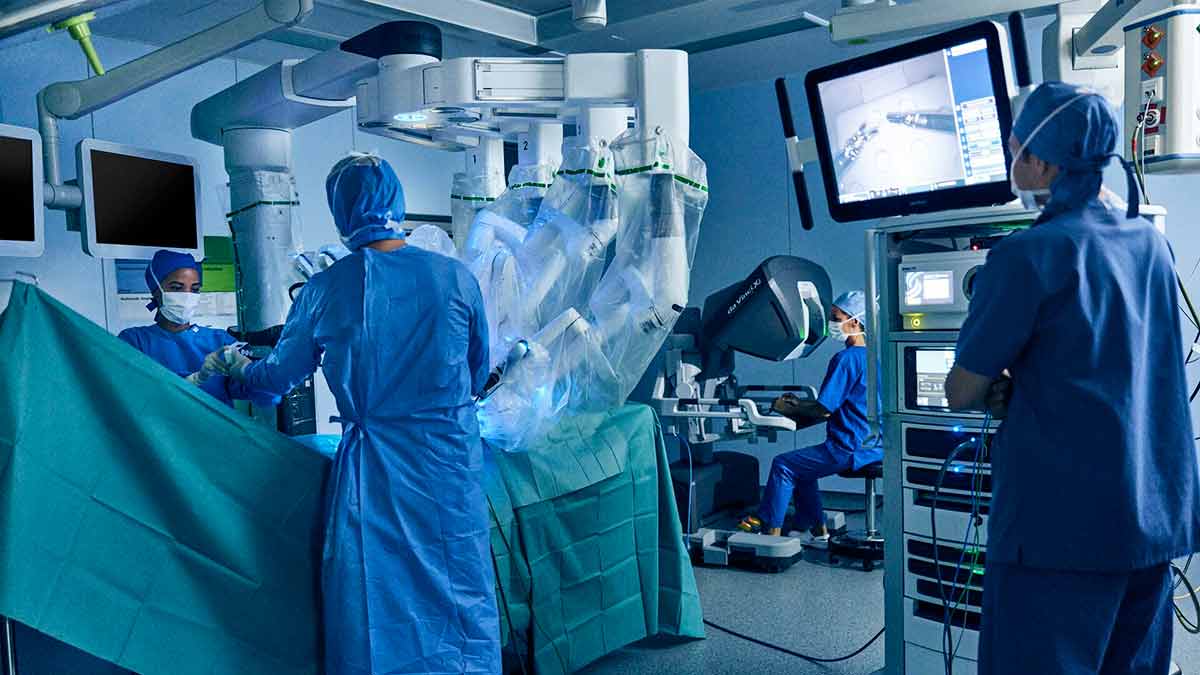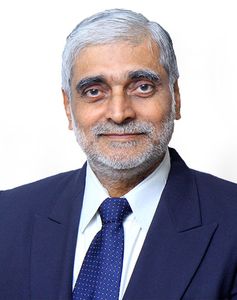In today's landscape, as public awareness of diseases rises and the pursuit of improved post-operative care intensifies, there has been a notable uptick in the demand for advanced surgical technologies such as robotic-assisted surgery (RAS). Patients are increasingly seeking treatments that offer quicker recovery, reduced complications, and improved quality of life.
The escalating burden of cancer in India emphasises the urgent requirement for innovative health care solutions. According to a report by the Indian Council of Medical Research-National Cancer Registry Programme, the number of cancer cases surged to 1,496,972 in 2023 from 1,461,427 in 2022. Simultaneously, India has seen significant strides in medical technology, particularly in the past decade. Notably, in the field of surgery, the introduction of RAS stands out as a cutting-edge technology offering a promising avenue for tackling the complexities of cancer treatment through more precise and minimally invasive procedures.
Despite the increasing demand, a notable gap persists in the adoption of robotic-assisted surgery in India.
Studies have established non-communicable diseases to be one of the biggest health challenges in the country. These reports also underscore cancer as one of the major non-communicable diseases (NCD) that India is currently battling.
A recent study published in the Indian Journal of Public Health highlights an expected sharp rise of 12 per cent in cancer cases in India over the next five years. Currently, 14 lakh new cases are detected each year, which is likely to increase to 20 lakh by 2040. However, access to advanced treatments like RAS remains limited, reaching only a few patients due to low technology penetration in certain parts of the country.
While the potential of RAS to revolutionise cancer care is widely recognised, its widespread adoption is hindered by challenges such as the shortage of qualified surgical workforce and the need for substantial investment in health care infrastructure.
It is imperative to approach the integration of RAS in cancer treatment protocols with a focus on evidence-based technology and patient safety as the foremost priority. This means not only investing in cutting-edge robotic systems but also ensuring that their efficacy and safety are supported by rigorous scientific evidence. By prioritising patient safety, health care providers can ensure that RAS procedures meet the highest standards of care. This includes comprehensive training programmes for surgeons to master robotic techniques and protocols that prioritise patient outcomes.
Collaborative efforts between public and private stakeholders should include stringent quality control measures to guarantee that RAS is implemented in a manner that maximises patient safety. This might involve ongoing monitoring and evaluation of RAS outcomes, as well as continuous improvement initiatives based on data-driven insights.
Ultimately, by grounding the adoption of RAS in evidence-based practices and a commitment to patient safety, we can harness the full potential of the technology to enhance cancer care outcomes while minimising risks to patients.
As health care evolves with new practices and technological integration, professionals must employ innovative methods to refine their skills. It is crucial to cultivate a pro-technology mindset among health care professionals, particularly surgeons. Complementing this, comprehensive training programmes are paramount to support surgeons and operating room teams in effectively embracing new
technologies.
Nair is the group medical director, Amrita Institute of Medical Sciences.



